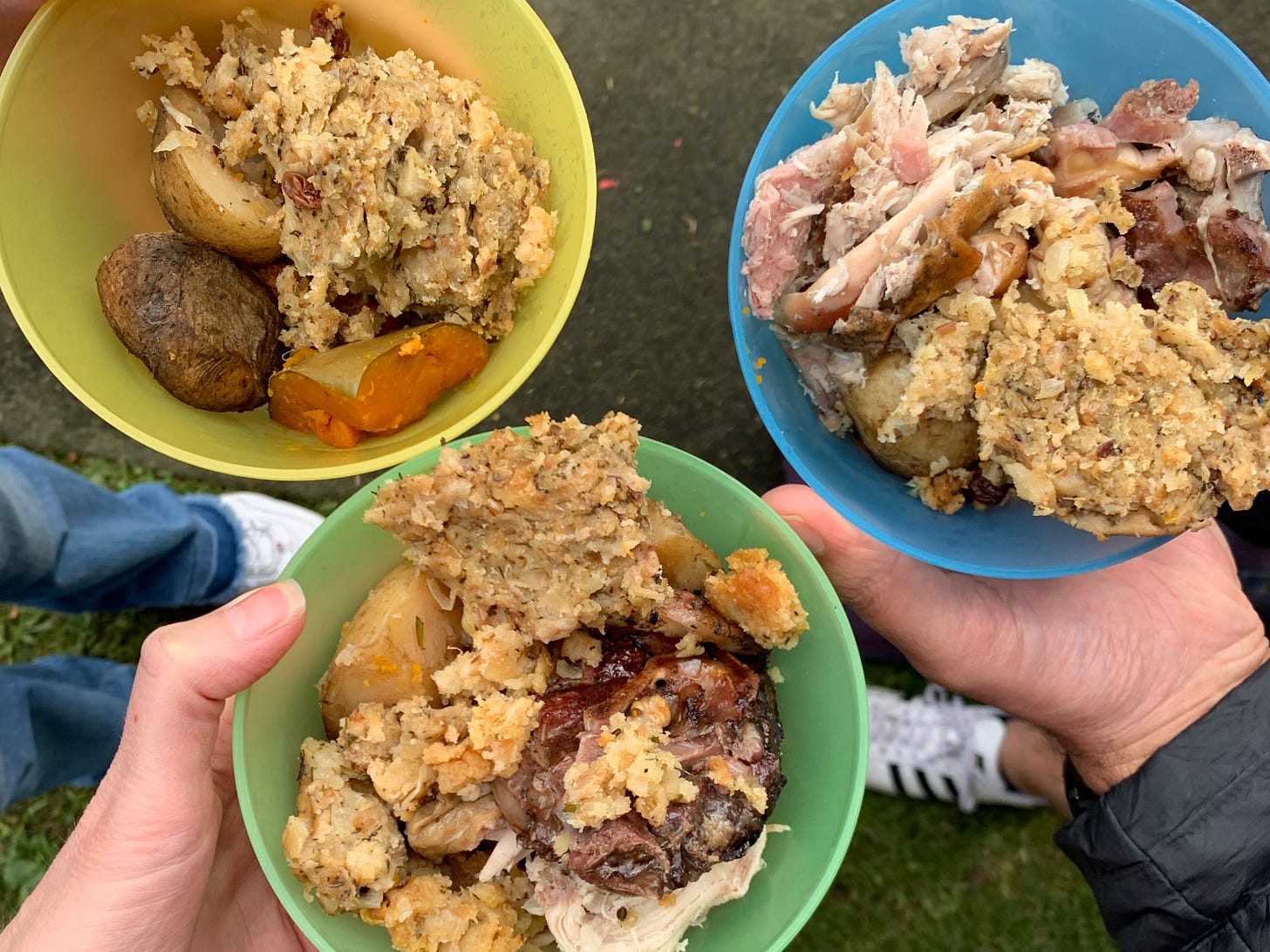Tēnā koe e hoa me te whanau! Greetings to you my friends and family! Today is Matariki, which is a celebration of the Maori New Year in New Zealand. It has recently become a national holiday in New Zealand, and I’m here to give you a glimpse into what this day means.
Matariki is a star cluster that appears in the New Zealand skies in early winter. This year it appears on June 28th. You might be familiar with this star cluster. It has different names around the world. To most it is the Seven Sisters. In ancient Greece it was known as Pleiades. In Hawaiian it is Makali’i. In Japan it is known as Subaru (yes, the same stars on the logo).
In Maori mythology, as I understand it, the Matariki constellation is closely tied to the creation story of the Maori. It goes a little something like this (I’m paraphrasing of course and trying my best to remember how it goes).
In the beginning, Ranginui and Papatūānuku, the sky father and the earth mother, lived close to each other in a tight embrace. Their seven children were forced to crawl around between them in perpetual darkness. After continually begging their parents to separate and give them light and space, they met and decided they were going to force their parents apart.
Tūmātauenga, the God of War, threatened to beat their parents until they finally released their hold on each other, and the brothers could finally stand up and see the sun. But one brother disagreed. Tāwhirimātea, the God of the Winds, raged against his brothers and told them to leave their parents together. He demanded they stop trying to separate them.
Tāne Mahuta, God of the Forest and Birds, called out to his brothers for peace and offered to separate them gently so neither would be hurt. He planted his feet on Papatūānuku and pushed with his arms to separate them, but his parents only held on tighter. Then he lay with his back on Papatūānuku and pressed up forcing Ranginui away from his wife. The two were separated and the seven brothers were able to stand up and see the light of the sun.
Tāwhirimātea was furious! He drove them away from him with storms and hurricanes. He pushed his brothers into the sea and into the forests and into the mountains. He screamed and yelled. Finally, Tūmātauenga, the God of War, beat his brother back and defeated him. In his despair, Tāwhirimātea fled to the skies to join his father. He tore his eyes out and cast them into the sky where they became the constellation Matariki, or ‘Ngā mata o te ariki Tāwhirimātea’, ‘the eyes of the god Tāwhirimātea’.
As with most New Year celebrations, it is a time to remember people we have lost, and to be thankful for the fortunes and the harvest of the previous year. People come together to share food and enjoy each other’s company. This tradition was mostly lost in New Zealand, but it has seen a resurgence, so I’m still working on how I will be celebrating it and coming up with my own traditions.
One of them will be a hāngi. Hāngi is a meal cooked in an earth oven. I haven’t cooked a hāngi in a long time, but I’m going to be trying it out sometime soon. I’ll make sure I post some photos when I do.
The premise isn’t hard. You dig a pit in the ground. You light a big fire next to it and use it to heat stones until they’re white hot. This takes about four hours. You push them into the pit, then lay down wet cloth to provide some steam. Then you place baskets of wrapped food into the pit, cover it with more wet cloth. Finally you cover it with soil, making sure no steam can escape. You then make yourself comfortable and wait for another four hours. Dig it up and serve.
It is, as you can imagine in a world of ovens, stoves, air-fryers, and slow cookers, not something I want to be doing every day. In fact it isn’t something I’ve done in a long long time, but now I have a backyard and I can do whatever I want.
This year though, I was in the U.S. until two days ago, which didn’t give me much time to dig a huge pit through the rock and find enough stones I was confident weren’t going to explode once I heated them. I have some volcanic rocks around, but I want to test them first to prevent detonations in the vicinity of friends and family. So Plan B was a BBQ. Unfortunately the problem with having a party in winter, with friends who have children, is they all spend the cold months sick. So Jenni and I will have a BBQ this evening and celebrate our own good health relative to all our friends who are down with various colds and flu.
Tukuna te wairua o Matariki kia rere ki te ao, kia whakakaha i ngā ngākau katoa.
Let the spirit of Matariki fly into the world, strengthening all hearts.
Next year though, I will be planning a hāngi at my house. If you’re around our place during the first rising of Matariki, let us know. In 2025, it will be on the 20th June. You can stop by and enjoy some good kai.
To everyone we can’t see today, we wish you the very best Matariki!







Loved reading this Kaine. I truly hope to join you for hāngi one day.
interesting